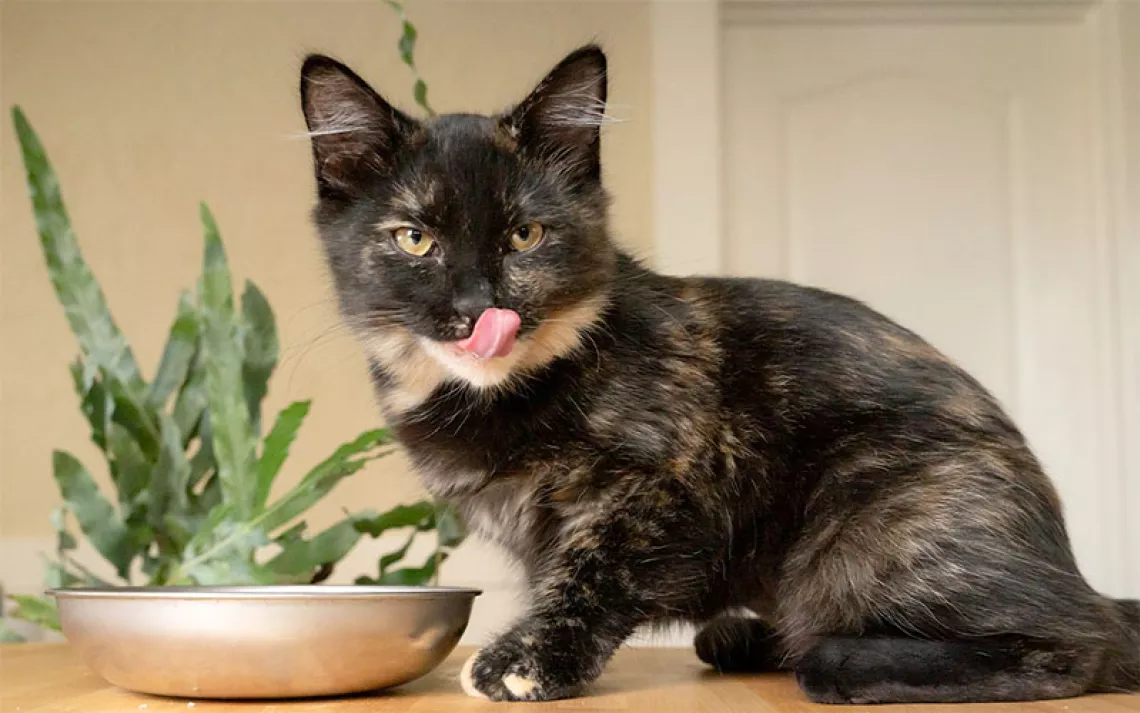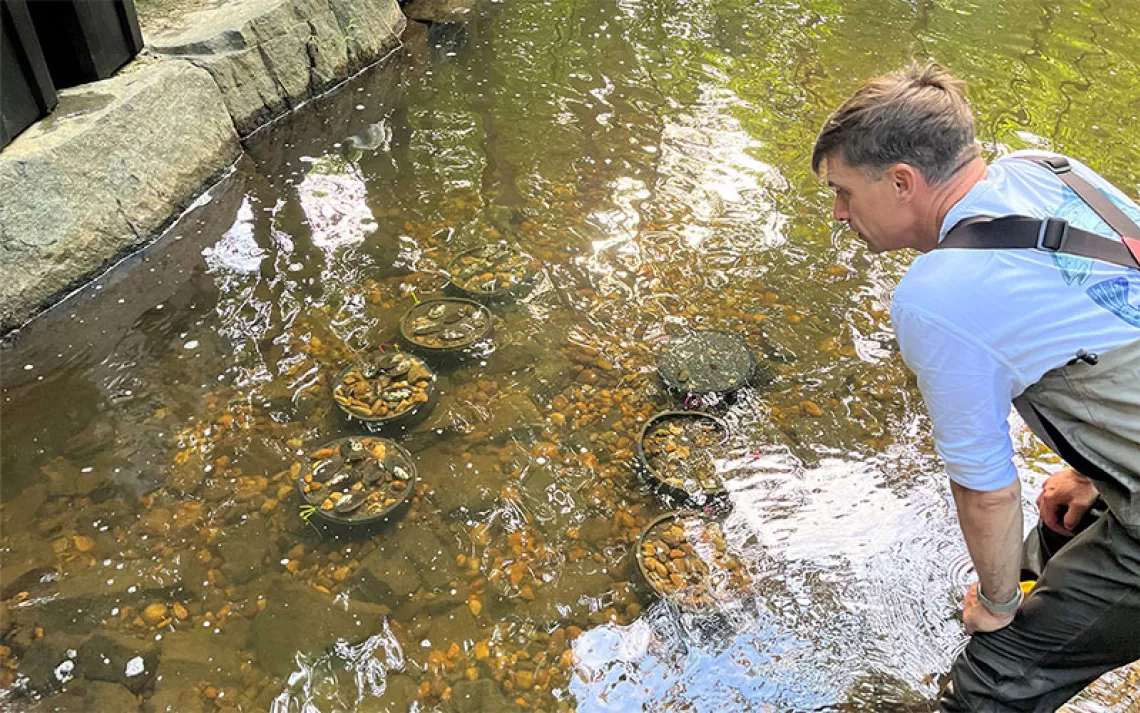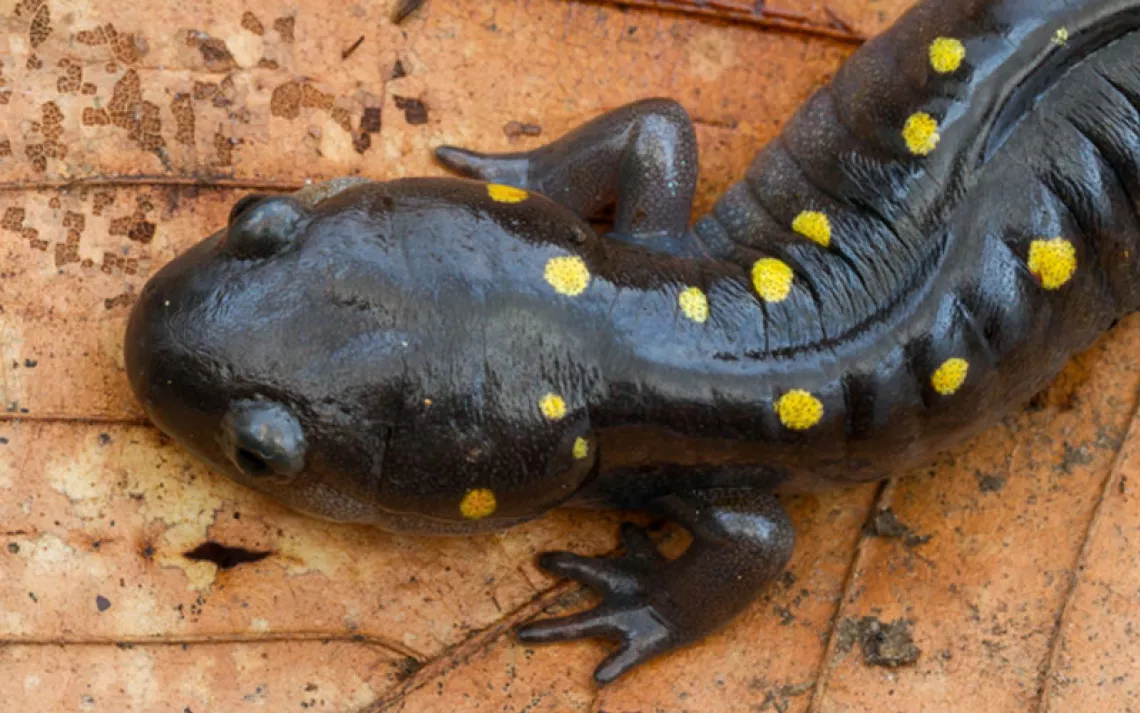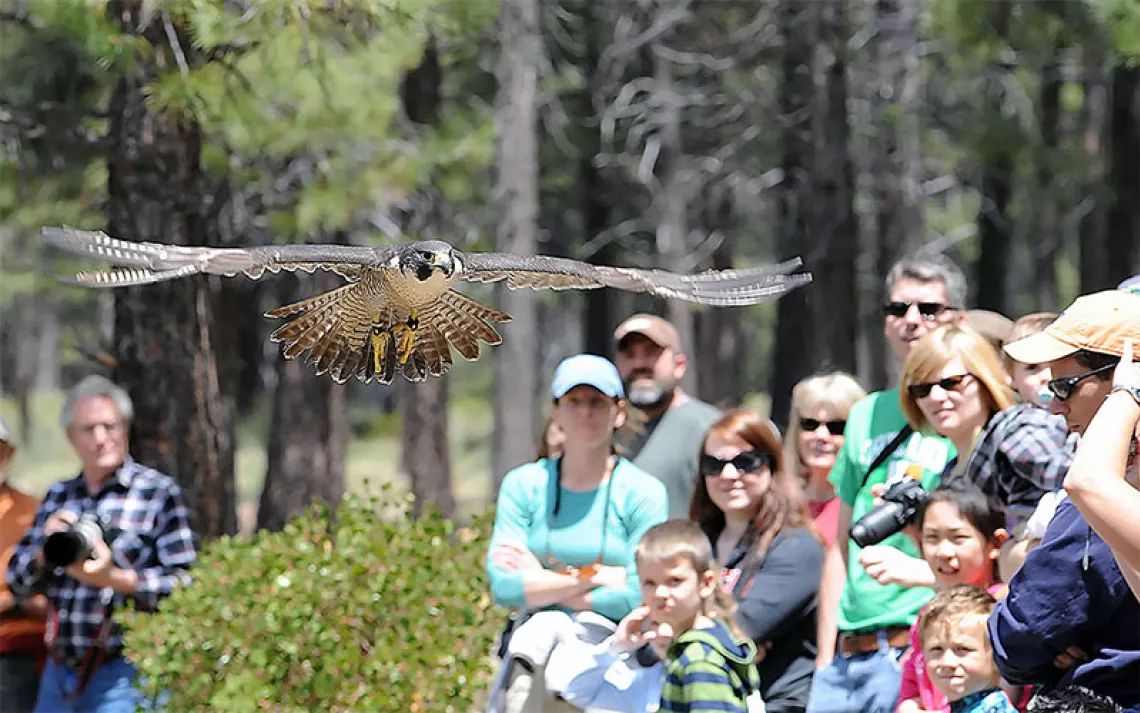Rethinking What it Means to be Human: Q&A with author and chimpanzee advocate Nancy J. Merrick

Nancy Merrick has given chimpanzees piggyback rides, observed them in play and grief, and even had her own tears wiped away by a compassionate chimp named Bandit. Interweaving Merrick’s own experiences with the latest conservation research, her new book Among Chimpanzees (June 2014, Beacon Press) will introduce you to chimps as you’ve never known them before. Bright, insightful, emotional, and precipitously close to disappearing forever, Merrick’s chimpanzees remind us why we must act now to protect these close cousins of ours. We are too much alike to watch each other suffer.
 Sierra: Has observing chimpanzee social behavior given you any insights into human society?
Sierra: Has observing chimpanzee social behavior given you any insights into human society?
Merrick: Oh sure, I think the first time you go out in the field to study chimps—you go out and follow about fifteen feet behind chimps when they’re on the ground, you’re trying to stay with them for many hours and record the behaviors you're observing—the first time anyone goes out in the field with a chimp in the wild, they go home and they have to rethink what it means to be a human being. You see how smart chimps are and how complex their relationships with one another are. You see how individual they are, how different from one another. It’s really startling to spend a day in the forest with a chimpanzee because they mirror us so much: gestures, facial expressions, joy, grief, so much in common—and compassion, the ability to show deep compassion.
S: Among Chimpanzees tells many exciting stories from your time as a student working at Jane Goodall’s Research Center in Gombe. What was the trickiest part of keeping up with chimps and keeping notes on their behavior all day long?
NM: You have to be in super good condition. Chimps can lose you if they want to. It’s kind of amazing that they let you follow them for hours or days at a time. When they come down from the trees and they go through the brambles, you have to crawl on your belly, and other times you’re running to keep up. But it’s fun, you develop it.
S: In the book, you make a convincing argument for ending scientific experimentation on chimpanzees by comparing chimps with young human children, because we would never even consider experimenting on our own babies.
NM: The things I find really compelling about chimps are the things that make them, in my mind, seem like children. They can do bad things, but they almost always do them innocently. I love to be around kids; they make you feel silly and happy. That’s the same feeling I have for chimps. They show a lot of compassion for one another and also for people with whom they have relationships.
 You describe a fascinating chimp called Bandit. In your interactions with him, it almost seemed as if he was studying humans as closely as they were studying the chimps.
You describe a fascinating chimp called Bandit. In your interactions with him, it almost seemed as if he was studying humans as closely as they were studying the chimps.
NM: I definitely felt that with Bandit, yes. I think there are exceptional chimps and generally they are chimps that have had more exposure at a young age with human beings and with chimps. They kind of identify with both species. Bandit had been born in Africa, but brought to the U.S. when he was just an infant. He was raised with other chimps, but also interacted with humans. I imagine he was a little confused about his species, but he was lovely, just the most amazing chimpanzee.
S: Some might argue that we ought to focus our resources on aiding the suffering human beings of the world, rather than more distant genetic relatives, but your book points out that these interests are not necessarily in opposition.
NM: Chimps, gorillas, and all the African apes, they live in areas that are among the poorest on the planet, so protecting them definitely has to go hand in hand with addressing the needs of these extremely impoverished people as well. Chimps have lost their forests because poor farmers who can barely put a meal on the table for their families have cut down the forest to farm the land. It’s put the chimps and people into conflict because the chimps no longer have their native fruit trees, so they have to steal from the farmers. And the farmers need the last remaining trees as much as the chimps do to survive, because those trees are on the edge of the river and protect the watershed. In many ways it’s quite ironical how much the destiny of the chimps and the local poor farmers is a shared destiny. You can’t fix a problem for one without having an impact on the other.
 S: For people who can’t afford a trip to Africa, zoos offer an opportunity to get to know chimps. But does visiting the zoo support the practice of keeping chimps in inappropriate conditions for the sake of our entertainment?
S: For people who can’t afford a trip to Africa, zoos offer an opportunity to get to know chimps. But does visiting the zoo support the practice of keeping chimps in inappropriate conditions for the sake of our entertainment?
NM: Right, there are definitely good zoos and bad zoos, there’s no question. Here at the Los Angeles Zoo they have a social group of chimpanzees, and they have an excellent environment for them. There are some family bonds in the group and they exhibit fairly natural behavior. I think people can be captivated by chimps and become supporters of them when they see chimps acting as they would in the wild. I think that we can learn a great deal and benefit a great deal. I don’t feel like they are suffering in those circumstances.
We’ve come a long way, but there’s still a lot of work that needs to be done to eliminate roadside zoos, bad zoos, and to eliminate chimps as pets. There is legislation that has been reintroduced, it’s called the Captive Primate Safety Act and that really needs to be passed. It would prevent moving chimps across state lines so that breeders could no longer sell chimps to people in other states and it would really inhibit the whole pet trade. Chimps should never be pets. As soon as a chimp gets to be about seven years of age, it’s stronger than its owner. A grown chimp is four to five times stronger than a human being, it’s all muscle. They become completely unmanageable.
S: What are the primary threats to wild chimps and how can ordinary people lend a hand?
NM: The key threats are being driven largely by the unchecked population growth that’s particularly extreme in Africa and that of course leads to pressure on the forest [and] deforestation. Bush meat is a big problems for great apes, particularly in western and central Africa. Conflict among human beings, for example in the Democratic Republic of Congo, that’s a big problem for the chimps because militias are wreaking havoc. We’re seeing illegal mining and degradation of the forest.
What can people do? People can do a lot. People can be more informed. Our website chimpsaver.org provides daily updates of new developments that affect chimps in Africa—new petitions to sign, new actions to take that can make a difference for chimps.
We can be smart consumers. We can learn about problems like palm oil, how palm oil has pretty much wiped out the orangutans of the forests of southeast Asia. It’s a very profitable product and now these big plantations are moving to Africa. We’re already seeing critical forests converted to palm oil. If people like us are more informed about the problems of palm oil, consumers can insist on products that come from approved sources using sustainable methods for palm tree production. Consumers can drive change.
It’s exciting to see new developments in satellite imaging and feeding that information to groups, crowdsourcing that imagery. This will provide the next big break in conservation, which is accountability. Finally we’ll be able to see deforestation happening in real time and mount a response. If you have a person on the ground who has something as simple as an Android phone, they can go to the site and determine if something illegal is going on and they can take pictures. They can feed [the information] to people like you and me and we can respond to this and put pressure on governments to enforce their laws and take action.
S: Is there still hope that truly wild chimps can endure, or will the chimps of the future be relegated to carefully managed preserves and sanctuaries?
NM: I think there’s hope, if we can raise the profile of this issue. I think people have no idea that man’s closest relative is endangered. I think people have no idea that chimps are extinct in four countries in Africa and nearly extinct in ten others. We need a groundswell of people to make change. If we can get this groundswell it is still possible to make a future for chimps in the wild. There’s still the Congo basin. We really need to mount a response right away if we want to preserve those last great forests. Chimps are a great messenger for other species as well—monkeys, antelopes, and elephants—all these species are really in trouble unless we can convince people that this is an issue they need to get involved in.
This interview has been edited and condensed.
 The Magazine of The Sierra Club
The Magazine of The Sierra Club



